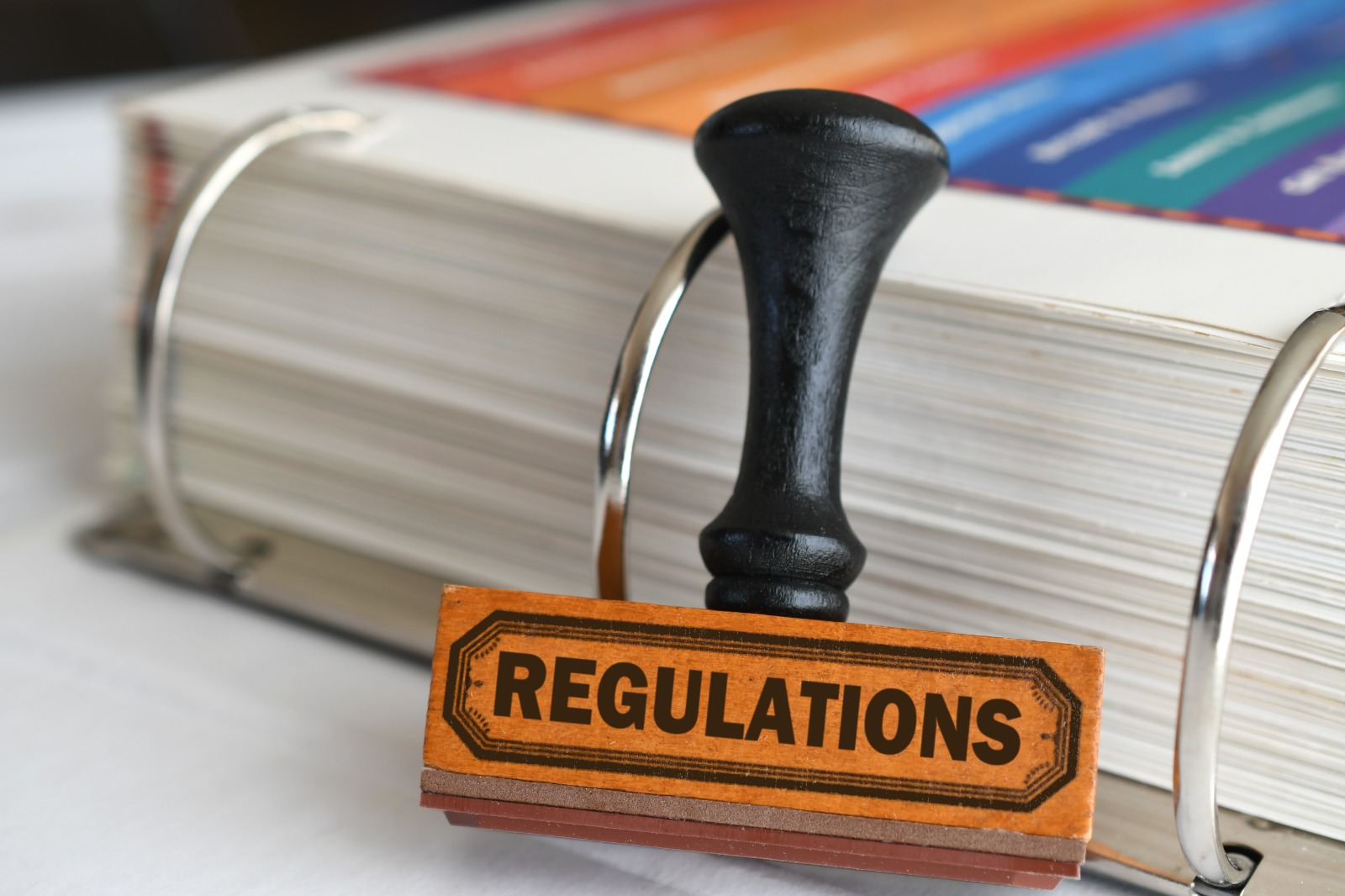
Navigating Customs Regulations: A Guide for International Shippers
For businesses engaged in international trade, navigating customs regulations is a critical aspect of successful logistics operations. Understanding and complying with customs requirements is essential to ensure smooth and timely movement of goods across borders. In this blog, we will provide a comprehensive guide for international shippers on how to navigate customs regulations effectively.
•Importance of Customs Compliance:
Customs regulations serve as a framework for controlling the flow of goods across borders, ensuring safety, security, and adherence to trade policies. Non-compliance can result in delays, penalties, and even the seizure of goods. Understanding the importance of customs compliance is vital for international shippers to avoid costly disruptions in their supply chains.
•Classifying Products and Determining Duties:
One of the key aspects of customs compliance is accurately classifying products according to the Harmonized System (HS) codes. These codes determine the applicable duties and tariffs. Shippers need to research and understand the specific HS codes for their products and consult with customs experts or utilize automated tools to ensure correct classification and duty determination.
•Documentation and Paperwork:
International shipments require a range of documentation to meet customs requirements. This includes commercial invoices, packing lists, certificates of origin, and any additional certificates or permits specific to certain products or countries. Shippers must meticulously prepare and submit these documents, ensuring accuracy and completeness to prevent clearance delays.
•Preparing for Customs Inspections:
Customs inspections are conducted to verify the accuracy of declared information and ensure compliance. Shippers should be prepared for inspections by organizing their documentation, maintaining records, and providing necessary information promptly. By establishing transparent communication channels with customs authorities, shippers can facilitate smoother inspections and minimize delays.
•Utilizing Customs Brokers and Trade Partners:
Engaging the services of experienced customs brokers can greatly simplify the customs clearance process. Customs brokers have in-depth knowledge of regulations, handle documentation, and assist with compliance. Additionally, establishing strong partnerships with freight forwarders and logistics providers well-versed in customs procedures can help shippers navigate complex customs requirements more effectively.
•Staying Updated on Regulatory Changes:
Customs regulations are subject to frequent changes and updates. International shippers should stay informed about these changes to ensure ongoing compliance. Regularly monitoring customs websites, subscribing to industry newsletters, and engaging in professional networks can help shippers stay ahead of regulatory updates and adapt their practices accordingly.
Conclusion:
Navigating customs regulations is a critical component of international logistics. By understanding the importance of customs compliance, accurately classifying products, preparing necessary documentation, and leveraging the expertise of customs brokers and trade partners, international shippers can ensure smooth and efficient customs clearance processes. Staying informed about regulatory changes and maintaining a proactive approach to customs compliance will enable shippers to navigate the complexities of international trade successfully. By doing so, businesses can optimize their supply chains, mitigate risks, and maintain a competitive edge in the global marketplace.


